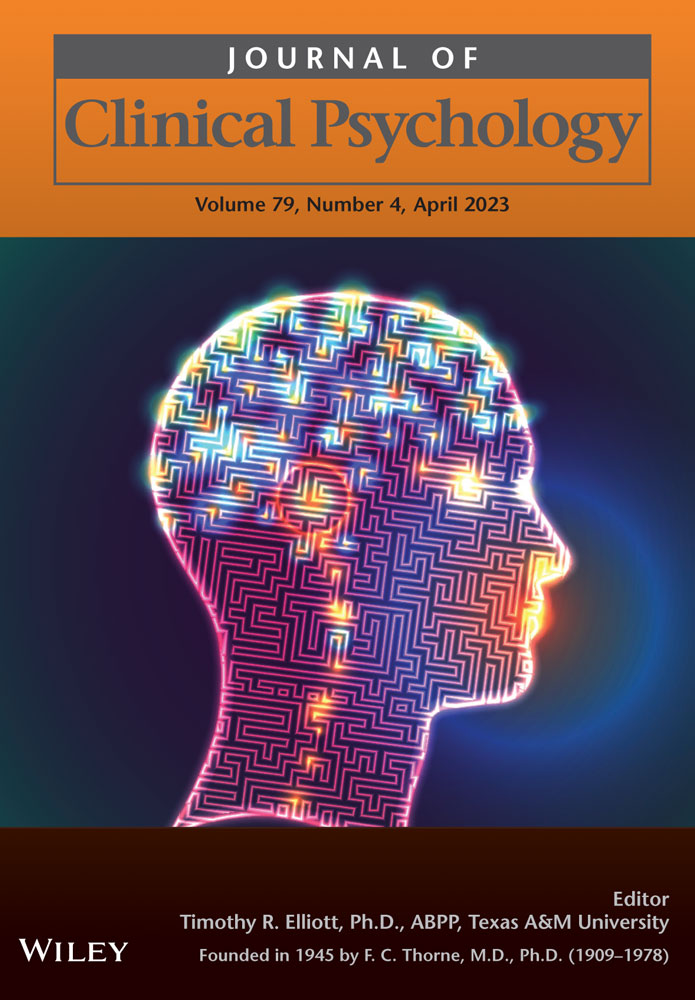The impact of religiousness and beliefs about mental illness on help-seeking behaviors of Muslim Americans
Abstract
Background
In addition to the typical challenges of daily life, Muslim Americans have experienced high levels of stress and clinical disorders relating to discrimination from the 9/11 attacks and ongoing political stigma. Despite mounting mental health concerns, Muslim Americans have encountered multifaceted barriers to accessing mental health services and remain underserved.
Aims
This study sought to explore the relationship between religiousness and beliefs about mental illness among Muslim Americans to predict their clinical help-seeking attitudes.
Materials and Methods
The present study gathered a nationwide sample of Muslim Americans through online data collection to assess how the relationship between religiousness and help-seeking was mediated by acculturation and biomedical beliefs about mental illness.
Results
Analyses found that Islamic religiousness and biomedical beliefs predicted more openness to mental health treatment. Additional analyses found that integration with mainstream culture was correlated with higher confidence in services.
Discussion
The findings of this study provide clinicians a nuanced understanding of how biological beliefs about mental illness may align with Islamic spiritual values and foster culturally responsive communication and healthcare. Barriers to treatment may be addressed for males and other underserved demographics through integrated treatment that recognizes their understandings of health, illness, and treatment.
Conclusion
Overall, results of the study provide support for recognizing religion along with demographic background as a cultural consideration to enhance treatment efficacy.
CONFLICT OF INTEREST
The authors declare no conflict of interest.
Open Research
DATA AVAILABILITY STATEMENT
Anonymized data are available upon request to the corresponding author.




